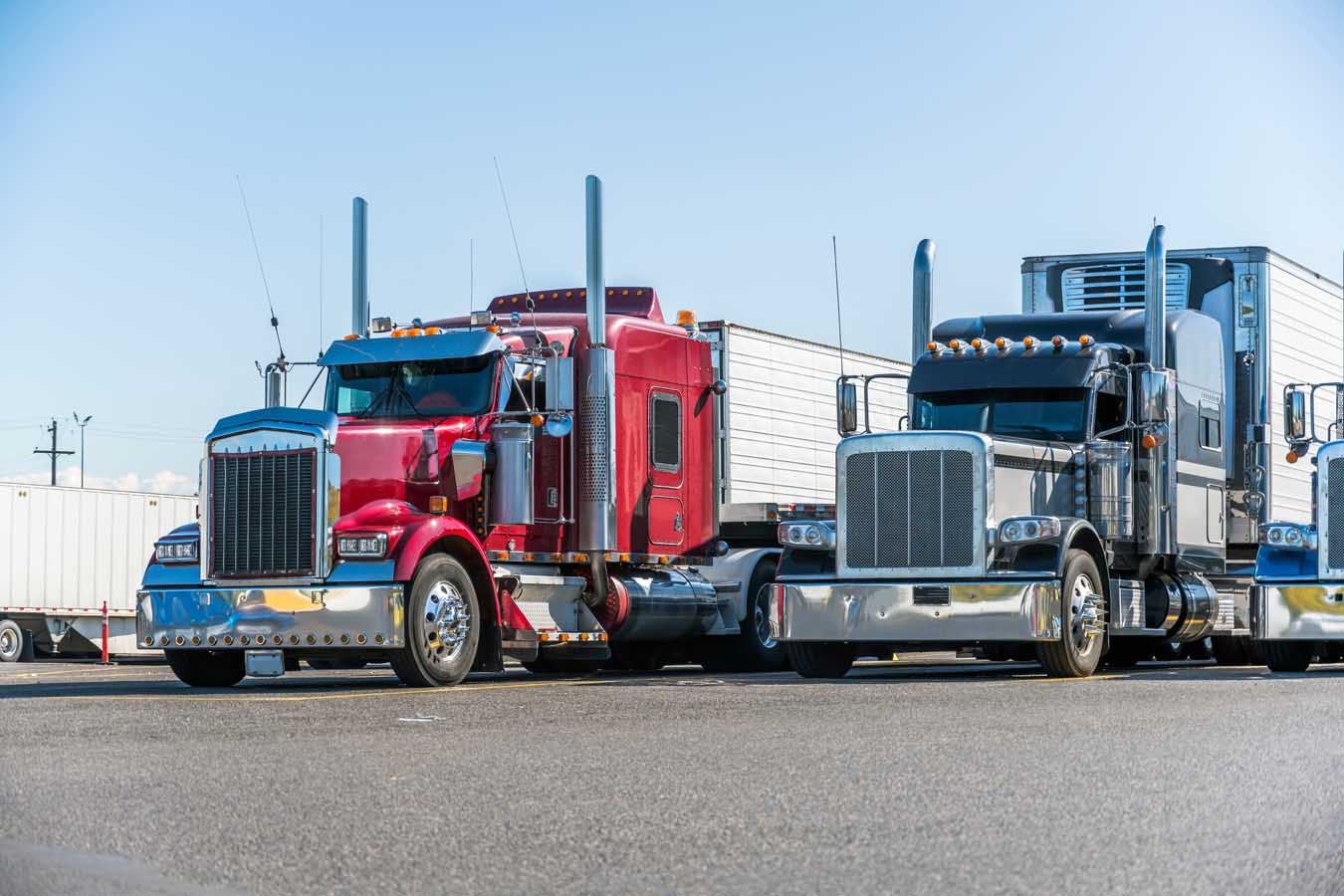Are Pilot Car Services Required By Law For All Oversize Loads?
Pilot car services are crucial for managing oversize loads, but their requirement by law varies based on specific regulations. Frankland Haulage Limited explores when pilot cars are legally mandated and their role in ensuring safe transport.
Legal Requirements for Pilot Car Services
Frankland Haulage Limited provides essential pilot car services for oversize loads, but whether they are legally required depends on the dimensions and weight of the load. In many jurisdictions, pilot cars are mandated for loads that exceed certain size or weight thresholds. These regulations are set by local, state, or national transportation authorities and are designed to ensure safe travel on public roads.
For example, loads that exceed the maximum width, height, or length specified by law often require pilot cars to guide them through potentially hazardous areas and ensure compliance with road restrictions. Pilot cars help in managing traffic, providing warnings, and ensuring that the oversize load does not cause disruptions or safety hazards.
The Role of Pilot Cars Beyond Legal Requirements
Even when pilot cars are not legally required, Frankland Haulage Limited often employs them to enhance safety and efficiency during the transport of oversize loads. Many companies choose to use pilot cars for loads that are close to the legal limits or have specific challenges, such as navigating urban areas or complex routes.
Pilot cars can mitigate risks by scouting ahead, managing traffic, and ensuring smooth transport. This proactive approach helps avoid potential issues and enhances overall safety. By employing pilot cars, companies can provide an added layer of assurance, reduce the risk of accidents, and ensure a more efficient and controlled transport process, regardless of legal mandates.

